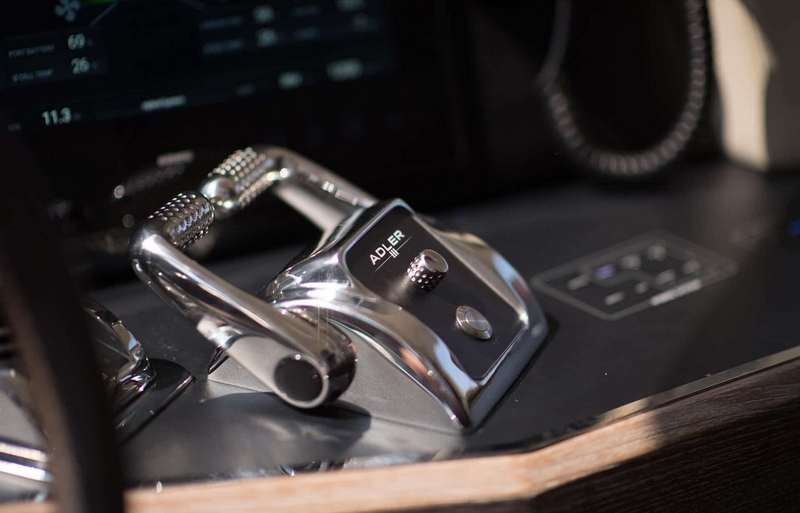If you want to get the most out of your boat, you’ll have to put in some work. Performing regular maintenance on your boat is a crucial part of keeping it in good shape. Maintenance does more than just make your boat look its best— maintenance also helps keep it running.
So, in order to maintain your boat and keep it in the best shape possible, there are a few things you’ll have to keep in mind.
Keep up with engine maintenance
Routine engine maintenance is the best way to prevent total engine failure. By taking care of your boat’s motor, you can make it last a long time and save money on professional maintenance.
Many boat engines require service every hundred hours or so, but the amount of service you provide ultimately depends on the type of engine and boat you’re using. So, before doing any engine maintenance, refer to the manufacturer’s guide for the best practices.
There are a few basic steps you can take in maintaining the engine yourself. First, check the oil and fill it up if it’s running low. Keep in mind that you’ll want to do a complete oil change every so often, which you can do yourself or get professional help for. Second, make sure all screws and clamps are tightly secured. Third, lubricate the moving parts of your boat’s engine using an anti-corrosion cleaner.
Always inspect the propeller
Before taking your boat out anywhere, always check to see if the propeller is in good shape. Check for any damage that could compromise the performance of the propeller. Dents, deep scratches, and bends in the propeller blades are all important things to watch out for.
Also make sure the propeller shaft is properly greased so it can perform at an optimal level. Lastly, double-check that the propeller nut and cotter pin are properly secured before engaging the engine and pushing the propeller into motion.
Make safety a priority
There’s a lot of responsibility involved in owning a boat. Keeping your boat in great shape doesn’t just mean maintaining the aesthetic appeal; you also have to make sure it’s in great functional condition so that it stays safe.
Before any outing it’s necessary to ensure you have the necessary safety equipment onboard, such as a tool kit, a fire extinguisher, life vests, and distress signals. You might also consider outfitting your boat with additional safety features.
For example, boat foam is an important feature worth investing in. The foam gives smaller boats a greater sense of stability, reinforces the structure of the floor, and provides them with thermal insulation. Most importantly, in case the structural integrity of the vessel is compromised as a result of an impact or collision, high-quality boat foam can keep the vessel afloat for longer, preventing it from immediately sinking.
Clean the boat’s exterior
For the best look and optimal performance, you’ll want to keep your boat’s hull nice and clean. Regularly washing the hull provides a variety of benefits to your boat.
It helps guarantee the structural integrity of the boat by preventing scratches and other problems that can lead to more expansive damage. It also prevents invasive species from latching onto the exterior of your boat and potentially causing damage and spreading grime.
To keep the hull clean you’ll want to hose it down after using it. It’s also a good idea to apply a wax or polish to the exterior once or twice a year.
Clean the deck
Cleaning the deck on a regular basis is essential in keeping your boat looking great. Dirt, grime, and other bacteria can collect on the deck over time, making it look unpleasant and dirty.
Additionally, if you let too much debris collect, there’s always the possibility it could find its way into the propeller or engine and disrupt the boat’s performance. Thus, you should make a habit out of wiping down your boat’s deck after every use.
How often you give it a deep cleaning depends on how often you use it, but you should try to thoroughly clean it with a specialized deck cleaner at least once a month.
Any avid boater knows that it can be hard work keeping your boat in great shape. It requires constant maintenance and care. You have to be vigilant about potential problems.
To make it easier, develop a maintenance schedule for yourself to keep everything in order. Make a checklist of things to examine before taking the boat out into open water. This way, you’ll stay organized, and your boat will stay in pristine condition.











